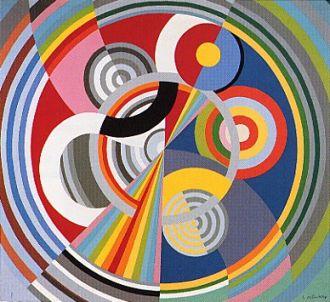First lesson:
"Hello! I'm Mrs Davies. Welcome back to school - it's good to meet you! The first thing I'm going to do today is present you with the GCSE Maths Grade you'll be receiving in August next year."
Every student was then given 3 individualised envelopes with 'Minimum', 'Some' or 'Maximum' effort written on them indicating the amount of effort they feel they are prepared to put into their learning in Maths this year.
I gave them a little spiel about me never meeting them before, that on purpose I hadn't spoken to their previous teachers and that from this moment they could be whoever they wanted to be in Maths lessons.
They were then allowed to pick only one envelope - example below:
They were then given a post it note, asked to commit to the grade they were going to aim for and seal it in a new envelope.
These were then strung together and hung over the corner of my whiteboard as a visual reminder.
We're going to open them again in December and review.
I'll be putting a copy of this morning's poster up right next to it:
If you'd like a copy of the poster it can be downloaded here from TES - let me know if you'd prefer sending it by email.
They also seemed genuinely pleased that I had made a page just for them on my school blog:




